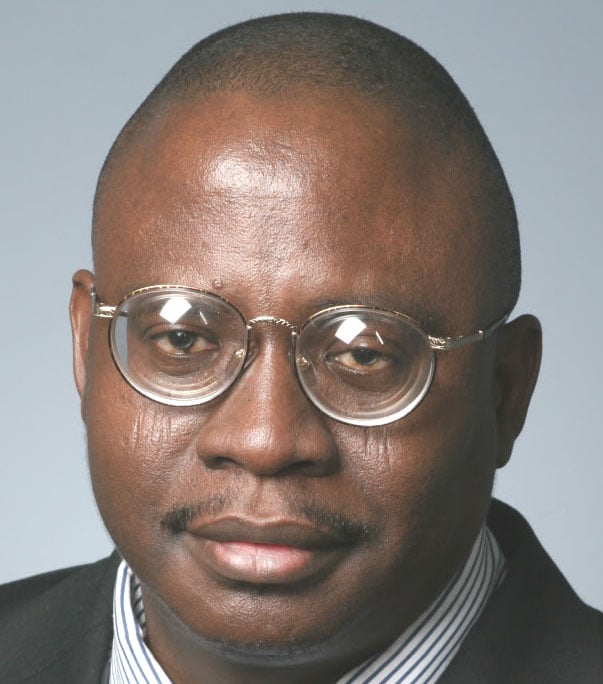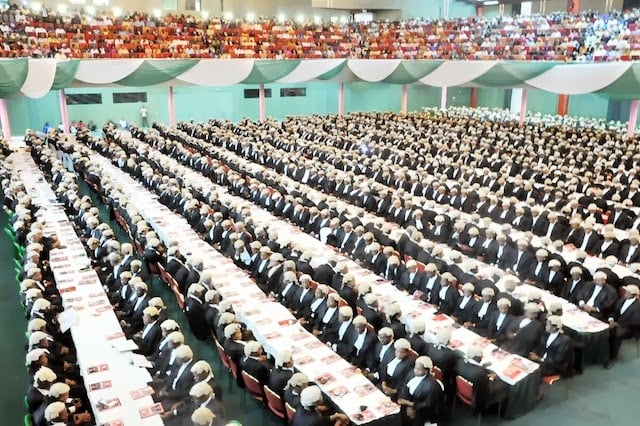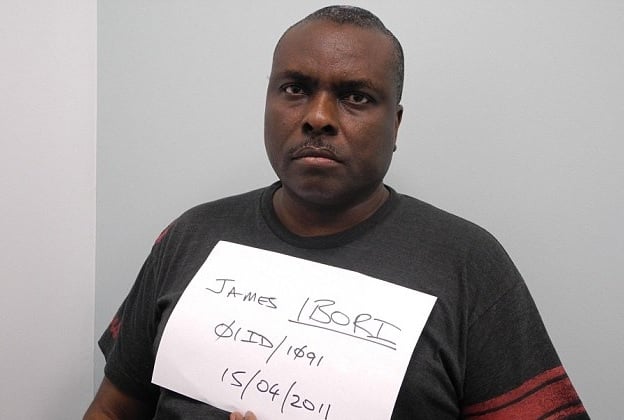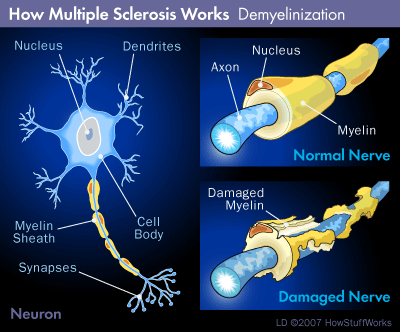File photo of lawyers
Last Monday September 21, Nigeria’s Supreme Court formally admitted another batch of lawyers into the prestigious ranks of Senior Advocate of Nigeria (SAN). As always it was an occasion of much pomp and circumstance for the new inductees, their friends, acquaintances and family members. As is also the case news of the investiture made the rounds prior to and after the ceremony, largely through reports in the mass media.
But this was also probably the most little-celebrated SAN investiture in the history of the award, no small thanks to the umbrella body of lawyers in the country, the Nigeria Bar Association (NBA). Just a few days to the SAN-induction ceremony, the Association announced it was forbidding advertisements being placed in any medium of mass communication to congratulate the new SAN inductees. The NBA specifically warned the new SANs to prevail on their friends, family members, acquaintances (and presumably appreciative clients) not to place any such advertisements in the media.
The NBA, in condemning the practice it said had “gone on for years”, added that it infringed on Rule 39 (2) of the Rules of Professional Conduct for Legal Practitioners in Nigeria, promulgated in 2007.
Rules of Professional Conduct are an important – and interesting – feature of legal practice in every jurisdiction, particularly those that have their origins in the Anglo-Saxon legal tradition such as the United Kingdom, the United States and the member-countries of the Commonwealth, to which Nigeria belongs. The Rules are “interesting” because they reflect that unique characteristic of most modern professions, especially law: the ability of practitioners to regulate their own professional conduct, including setting standards for those who practice the profession and disciplining erring members.
Advertisement
The inclination to over-regulate, though, often comes with the privilege and honour of self-regulation. Mandarins of such professions or those who administer rules of professional conduct therein often go out of their way to demonstrate they are worthy of the confidence and trust placed in them by governmental officials or bodies that allowed them to self-regulate in the first place.
Rule 39 (2) of the Rules of Professional Conduct for Legal Practitioners in Nigeria is the Rule against “Improper Attraction of Business”; it is subsumed under Section E of the Rules, which governs advertising and client solicitation by Nigerian lawyers. Rule 39 (2) is further divided into five sub-sections (a-e), which inter-alia admonish a lawyer in Nigeria not to engage or be involved in any advertising or promotion that “…is inaccurate or likely to mislead; is likely to diminish public confidence in the legal profession, or the administration of justice, or otherwise bring the legal profession into disrepute; makes comparison with or criticizes other lawyers or other professions or professionals; includes any statement about the quality of the lawyer’s work, the size or success of his practice or his success rate; or is so frequent or obstructive as to cause annoyance to those to whom it is directed”.
While this multi-layered Rule patently tries to fulfill its duty of regulating how Nigerian lawyers advertise their practice and solicit clients, the NBA (or, presumably and more appropriately, the Body of Benchers in Nigeria) certainly misses the point when it also deploys the same Rule against congratulatory adverts placed by friends, family, acquaintances and even clients of the new SANs.
Advertisement
The legal profession enjoys self-regulation in most jurisdictions around the world precisely because its practitioners commit themselves to protecting the public from the excesses of lawyers or all others involved with the legal profession, or in the administration of justice (i.e. judges.) The self-styled Rules of Professional Conduct for Legal Practitioners are the instruments used to ensure and achieve this aim. A look at the language of Rules 1 and 2 in Section A of the Rules of Professional Conduct for Legal Practitioners (2007), as applicable to Nigerian lawyers, certainly corroborates this point.
It stands to reason that in protecting the rights of members of the public, lawyers – or those charged with regulating the profession – cannot then proceed to violate same. This is precisely the sad result the directive against SAN – adverts clearly achieved.
Members of the public have rights regarding free expression, association and assembly. Unlike the latter, the right to free association need not be merely physical; a friend placing an ad in the media to congratulate someone being awarded a SAN-ship is a valid expression of the right to association, or to be associated with that SAN’s elevation. Such members of the public could be non-lawyer friends, associates, family members and even clients of the newly-minted SAN. If the Rules of Professional Conduct are primarily meant to protect the rights and privileges of non-lawyers who come into contact with lawyers, especially the clients of such lawyers, then the Rule was clearly misapplied in this circumstance.
As one assumes the intent was to act in the true spirit and scope of the profession’s Rules, those who regulate Nigeria’s legal profession should have directed all lawyers—and all lawyers only, including the newly-minted SANs and even judges, etc.—to refrain from taking paid spaces in the mass media to congratulate those being honoured with SAN-ships.
Advertisement
The regulators cannot allow such admonitions to reach or affect the rights of non-lawyers, even if the latter could be acting at the instigation of the new SANs or other lawyers. If such did happen—that is, some of the new SANs instigated non-lawyer friends, clients or acquaintances to buy space in the mass media to congratulate them, as a subtle form of advertising—then the regulatory authorities should investigate such instances if brought to their attention and apply appropriate sanctions.
Banning all adverts placed by non-lawyer members of the public to congratulate new SANs affect the constitutionally-guaranteed rights of people who do not belong to the legal profession in Nigeria, and have thus not impliedly agreed to abide by the Rules that govern how lawyers practice their profession.
Legal Rules of Professional Conduct also clearly seek to protect the sanctity and integrity of the legal profession. But even that goal is achieved by stressing the primary aim of the Rules: protecting members of the public in their interactions with those who have chosen to belong to the legal profession. More important the Rules are not primarily geared towards protecting the legal profession, or those who practice it, from the antics of members of the public. Instead, the goal is vice-versa. Thus any Rule aimed at “protecting the legal profession”, so to speak, must give way when such clashes with the interests, rights (constitutional and otherwise) and privileges of non-lawyers or members of the public.
It is instructive, for instance, that legal Rules of professional conduct make it very easy for clients to dispense with the services of their lawyers or disengage such lawyers. On the other hand, the Rules make it virtually impossible for lawyers to drop clients on a whim, without such lawyers exposing themselves to serious sanctions imposed by those who regulate their profession.
Advertisement
The NBA, Body of Benchers and all those charged with regulating the legal profession in Nigeria and enforcing the rules of professional conduct should rightly be concerned with ensuring practitioners uphold the rules and standards therein. Using the SAN award as an avenue for subtle advertising of a lawyer’s service, or as an opportunity to “throw a party” and “splash money” is clearly a violation of those Rules in Nigeria or at least undermines the spirit of such rules.
But legal regulatory bodies in Nigeria must come up with more creative, effective and constitutionally-sanctioned ways of tackling the issue, rather than trample on the constitutional rights and privileges of those the Rules are meant to protect in the first place.
Advertisement
Views expressed by contributors are strictly personal and not of TheCable.





